COURSE OVERVIEW
DE1011 : ERD Drilling and Stuck Pipe Prevention
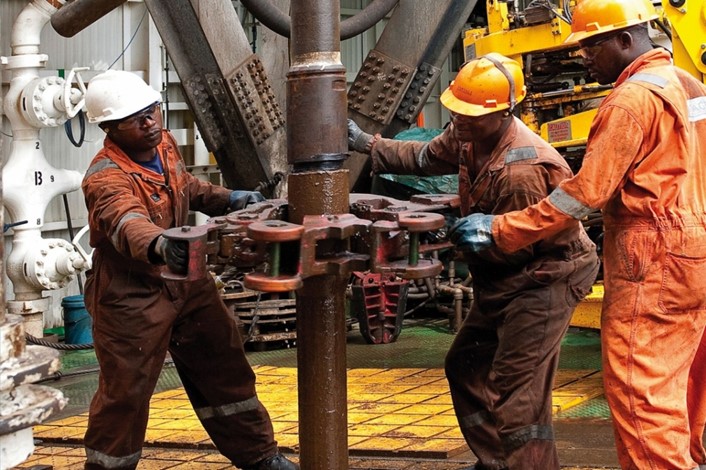
OVERVIEW
| COURSE TITLE | : | DE1011 : ERD Drilling and Stuck Pipe Prevention |
| COURSE DATE | : | Oct 14 - Oct 17 2024 |
| DURATION | : | 4 Days |
| INSTRUCTOR | : | Mr. Sigve Hamilton |
| VENUE | : | Dubai, UAE |
| COURSE FEE | : | $ 6750 |
| Request For Course | ||
OTHER SCHEDULED DATES
| Date | : | Apr 28 - May 02 2024 (5 Days) | Location | : | Doha, Qatar | Classroom Fee (US$) | : | $ 8500 | Course Info |
| Date | : | Apr 29 - May 02 2024 (4 Days) | Location | : | Doha, Qatar | Classroom Fee (US$) | : | $ 6500 | Course Info |
| Date | : | Jul 08 - Jul 11 2024 (4 Days) | Location | : | Abu Dhabi, UAE | Classroom Fee (US$) | : | $ 6750 | Course Info |
| Date | : | Jun 29 - Jul 03 2025 (5 Days) | Location | : | Doha, Qatar | Classroom Fee (US$) | : | $ 8500 | Course Info |
| Date | : | Nov 09 - Nov 13 2025 (5 Days) | Location | : | Doha, Qatar | Classroom Fee (US$) | : | $ 8500 | Course Info |
Course Description
This practical and highly-interactive course includes real-life case studies and exercises where participants will be engaged in a series of interactive small groups and class workshops. This course is designed to provide participants with an upto-date overview of ERD drilling and stuck pipe prevention. It covers the downhole forces including solid induced / formation collapse; the rock mechanics, mobile formation, fractured and faulted formation, naturally induced overpressured shale collapse, reactive formation, poor hole cleaning and tectonically stressed formation problem prevention; the cavings versus drilling cuttings covering rock strength and brittleness, effects of increasing inclination and differing BHA?s, borehole tortuosity data and interpretation, bridging and packing-off drilling fluids; the common causes of stuck; the various methods used in freeing differentially stuck pipe; and the drilling fluids optimization and selection of fluid type. During this interactive course, participants will learn the mechanical and wellbore geometry sticking and how and why it happens; the effects of hole size, inclination, mud weight and plastic; the warning signs when circulating, tripping in, tripping out, running casing, making connections and reaming; the prevention of stuck pipe and fishing for parted pipe; the drill-string failures; the milling operations and milling applications; and the secondary freeing procedures including procedures for spotting pills and handling accelerators.
TRAINING METHODOLOGY
This interactive training course includes the following training methodologies:
LecturesWorkshops & Work Presentations
Case Studies & Practical Exercises
Videos, Software & Simulators
In an unlikely event, the course instructor may modify the above training methodology for technical reasons.
VIRTUAL TRAINING (IF APPLICABLE)
If this course is delivered online as a Virtual Training, the following limitations will be applicable:
| Certificates | : | Only soft copy certificates will be issued |
| Training Materials | : | Only soft copy materials will be issued |
| Training Methodology | : | 80% theory, 20% practical |
| Training Program | : | 4 hours per day, from 09:30 to 13:30 |
RELATED COURSES
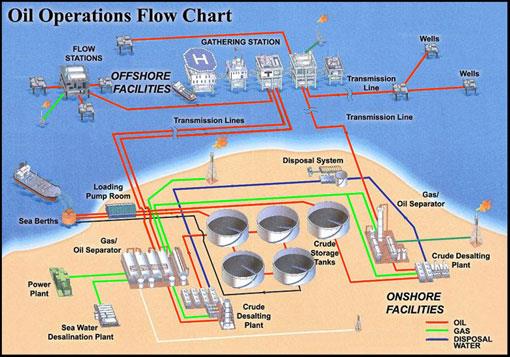
DE0266 : Applied Field Development Planning
- Date: Dec 22 - Dec 26 / 3 Days
- Location: Doha, Qatar
- Course Details Register
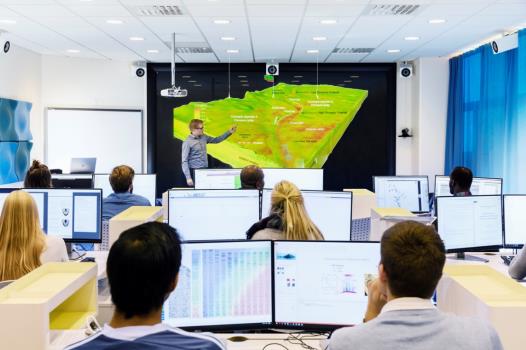
DE0893 : Practical Seismic Interpretation with Petrel
- Date: Dec 22 - Dec 26 / 3 Days
- Location: Doha, Qatar
- Course Details Register
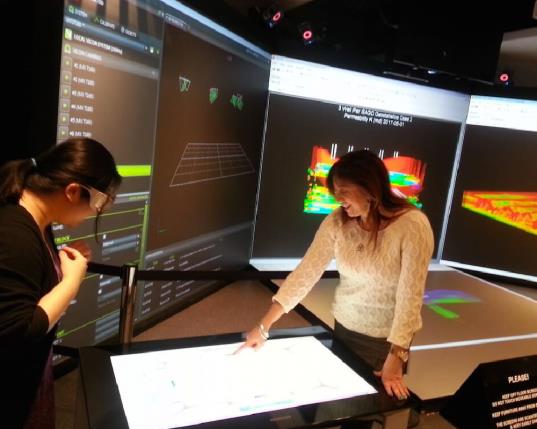
DE0303 : Reservoir Characterization
- Date: Dec 22 - Dec 26 / 3 Days
- Location: Doha, Qatar
- Course Details Register
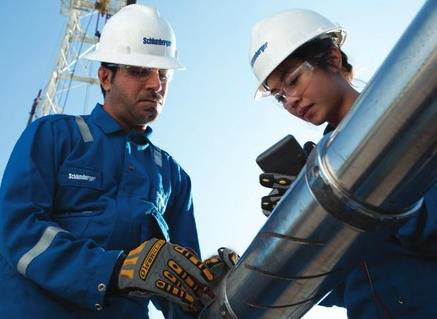
DE0210 : Basic Reservoir Engineering for Non-Reservoir Engineer
- Date: Dec 22 - Dec 26 / 3 Days
- Location: Doha, Qatar
- Course Details Register
